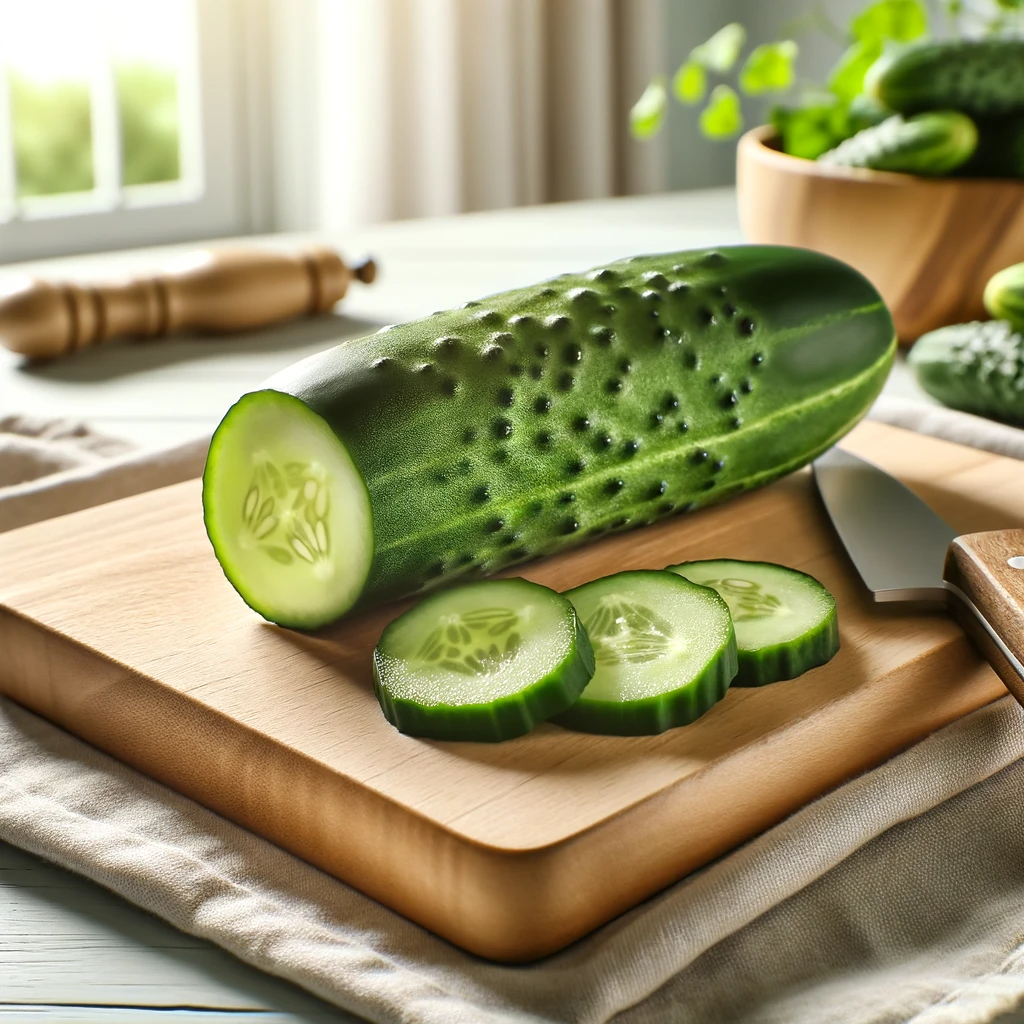Introduction
Cucumbers have been a staple in our diets for centuries, but their history goes far beyond the modern cucumber salad. These versatile vegetables have a rich and storied past, with roots tracing back to ancient civilizations. In this article, we will delve into the historical significance of cucumbers and their various uses throughout time.
1. Ancient Origins of Cucumbers
- 1.1 Mesopotamian Beginnings: The history of cucumbers can be traced back to ancient Mesopotamia, where they were cultivated over 3,000 years ago. The Sumerians, one of the earliest civilizations, were known to grow cucumbers in their gardens.
- 1.2 Egyptian Favor: Cucumbers found their way into ancient Egypt around 2,000 years ago. Egyptians not only consumed cucumbers but also used them for skincare due to their natural cooling and soothing properties.
- 1.3 Greek and Roman Influence: Cucumbers made their way to Greece and Rome, where they became a popular food item. Romans even introduced pickling cucumbers to preserve them for extended periods.
2. Cucumbers in Ancient Medicine
- 2.1 Cooling Effects: Ancient Greek physicians, including Hippocrates, recognized cucumbers for their cooling effects on the body. They recommended cucumbers to reduce inflammation and treat various ailments.
- 2.2 Hydration and Detoxification: In traditional Chinese medicine, cucumbers were used to promote hydration and detoxification. The high water content and natural diuretic properties of cucumbers made them valuable for maintaining health.
- 2.3 Skin Benefits: Ancient Egyptians and Romans used cucumber extracts for skincare. They believed cucumbers could rejuvenate the skin and reduce wrinkles, a belief that still holds true today.
3. Culinary Uses Throughout History
- 3.1 Ancient Recipes: Cucumbers were a common ingredient in ancient recipes. Greek and Roman cuisines featured cucumber-based dishes, often seasoned with herbs and vinegar.
- 3.2 Middle Eastern Delicacies: Cucumbers are a key component of Middle Eastern cuisine. Dishes like Tzatziki and tabbouleh prominently feature cucumbers for their refreshing taste and crunch.
- 3.3 Asian Influence: In Asia, cucumbers are widely used in salads, sushi rolls, and as a side dish. The cooling nature of cucumbers complements spicy Asian cuisine.
4. Symbolism and Cultural Significance
- 4.1 Egyptian Symbolism: In ancient Egypt, cucumbers were associated with fertility and were often placed in tombs as offerings to the gods.
- 4.2 Greek and Roman Festivals: Cucumbers were an essential part of festivals and feasts in Greece and Rome, symbolizing abundance and prosperity.
- 4.3 Modern Traditions: Even today, cucumbers continue to hold cultural significance. In some cultures, cucumbers are used in ceremonies and rituals.
5. Cucumbers in Modern Times
- 5.1 Culinary Evolution: Cucumbers remain a popular ingredient in salads, sandwiches, and as a crunchy snack. They are also used in modern cocktails, adding a refreshing twist to drinks.
- 5.2 Health and Wellness: Cucumbers are known for their low calorie and high water content, making them a staple in weight loss and hydration-focused diets.
- 5.3 Skincare and Beauty: The skincare benefits of cucumbers are still cherished today. Cucumber-based skincare products are widely available and used for their soothing and rejuvenating properties.
Conclusion
Cucumbers have come a long way from their ancient origins in Mesopotamia. Their rich history as a food, medicine, and symbol of prosperity has left an indelible mark on various cultures. From their use in skincare to their presence in modern culinary delights, cucumbers continue to be a versatile and cherished ingredient with a fascinating history that spans thousands of years. Next time you enjoy a cucumber salad or a refreshing cucumber-infused drink, remember that you are partaking in a tradition that has transcended time and borders.’Cucumbers have come a long way from their ancient origins in Mesopotamia. Their rich history as a food, medicine, and symbol of prosperity has left an indelible mark on various cultures. From their use in skincare to their presence in modern culinary delights, cucumbers continue to be a versatile and cherished ingredient with a fascinating history that spans thousands of years. Next time you enjoy a cucumber salad or a refreshing cucumber-infused drink, remember that you are partaking in a tradition that has transcended time and borders.
